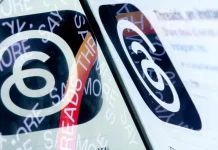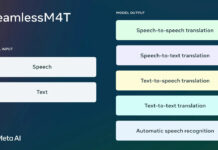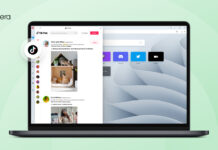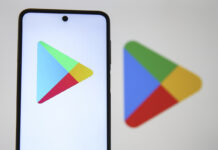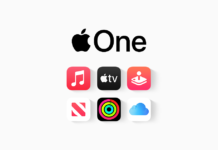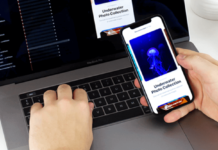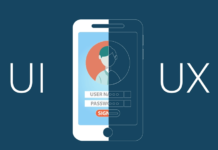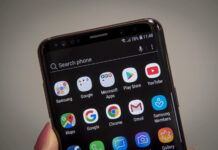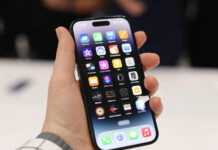Last month, after Apple and Google announced some changes to their forthcoming attempt to track the spread of COVID-19, I noted the surprising degree to which tech giants are setting the terms of the pandemic response. They own the hardware, they own the software, and national governments who would use it to find new cases of COVID-19 have to do it on the companies’ terms.
This week, that process began to accelerate. But first, a bit of background.
The Apple-Google collaboration will ask you to opt in to a system that causes your phone to emit Bluetooth signals to other phones around you. When you are in close proximity to another person for an extended period of time — more than five minutes, typically — both of your phones record the interaction. When a person tests positive for COVID-19, they will have the option of anonymously notifying other phones that they may have been exposed to the virus and encouraging their contacts to self-quarantine or seek treatment.
A sticking point between the tech giants and nation states has been who will process the exposure notifications. Apple and Google want to process the notifications on users’ phones without storing them on a central server, to preserve the maximum degree of privacy possible. Some European countries, meanwhile, have sought to process notifications on a central server, in the hopes that having more detailed information will help them identify additional exposures and more rapidly contain the spread of the virus. (MIT Tech Review has a great tracker that looks at how countries are building these apps, including whether or not they’ve adopted the Apple-Google approach.)
This put France, whose politicians have regularly upbraided Silicon Valley for perceived data privacy lapses, in the very funny position of begging Apple and Google to lower their privacy standards. Germany, whose scientists had helped devise Europe’s (deep breath) proposed Pan-European Privacy-Preserving Proximity Tracing project, decided to throw in with Apple and Google after it became clear that was not going to happen.
Until now, England has held holding firm in its commitment to building its own exposure notification app, even though it will have limited access to the Bluetooth notifications necessary for it to work. James Vincent explained why this is a problem this week at The Verge:
Now it seems that all of this has dawned on England’s National Health Service, which has asked the consulting firm charged with building its app to investigate switching over to the Apple-Google model. Here are Alex Hern and Kate Proctor today in the Guardian:
Right now, it’s unclear how an app that only works when every citizen in England has the app downloaded, open, and running in the foreground at all times is going to be “as effective as possible.” As of today, I’d be surprised if England hadn’t adopted the Apple-Google approach by the end of this month.
It’s a fascinating tension: corporations trying to do right by their users versus countries trying to do right by their citizens. As Sam Lessin notes in The Information, this is an uncomfortable place for a tech giant to be. “This isn’t an enviable position for tech companies,” he writes. “It puts them in a nearly impossible position in terms of almost always absorbing blame no matter what they do whenever the choices are hard.”
On one hand, privacy has never been the prime directive for a contact tracing scheme. The whole point is to find out people’s real names, phone numbers, and locations so you can tell them that they’re sick before they infect anyone else. At the same time, tech giants are understandably wary of building a tool that could be misused by law enforcement, oppressive governments, or the sorts of bad actors that Robert describes in India. For the moment, it’s the giants’ argument that has carried the day — and done so, at least for now, with remarkably little resistance.
See Also:-Scientists Uses AI to predict which corona-virus patients need ventilators

